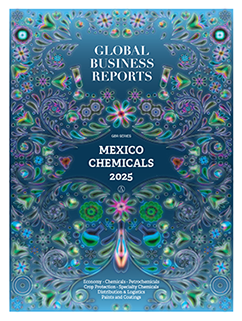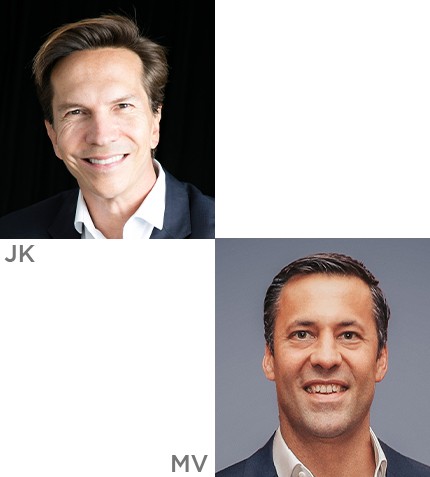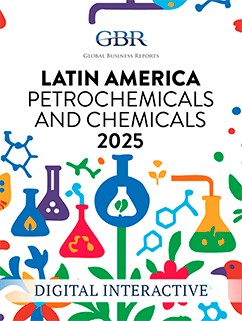
"Mexico recognizes its geographic advantage with the US as a primary trading partner. Despite tariff challenges, the two countries maintain a strong, interdependent supply chain, especially in chemicals."
RELATED PUBLICATION
ARTICLES FROM THIS PUBLICATION
Adriana Ramírez Millán
CHEMICAL SALES DIRECTOR, HELM DE MÉXICO
Could you provide us an overview of Helm de Mexico's activities in 2024?
Over the past two to three years, we have solidified our presence in Mexico as part of HELM’s team in the Americas. Within our chemicals division regionally, we have significant interactions with the US and Brazil divisions, but my responsibility is focused solely on Mexico. We handle both imported materials and locally sourced products. In 2024, we faced challenges such as the impact of elections, both in Mexico and the US, which influenced the market's caution around operations and inventories. Despite this, our volumes continued to grow due to strong synergies with clients and suppliers, as well as the robust international backing of the company. The key focus remains on optimizing costs and resources to create value for the market without accumulating unnecessary stock.
2024 was a challenging year, though it presents a certain normalization compared to other post-pandemic years. The uncertainty caused by elections in Mexico and the US kept the market cautious. However, we achieved volume growth and maintained solid synergies with our clients and suppliers. Our emphasis on value creation, rather than just expanding stock, and our meticulous approach to resource optimization allowed us to maintain stability. While external factors presented challenges, the company stayed focused on strategic innovation and maintaining strong, value-driven products.
Can you elaborate on how Helm de México approaches innovation and sustainability?
For us, innovation is not just about creating new things but improving processes and maximizing existing resources. A major focus has been measuring and optimizing operations, including transportation and warehouse management, with a preference for sustainable partners. For example, we look for certifications like ‘industria limpia’ and enquire about environmental practices. We have also begun carbon footprint tracking and internal awareness campaigns to align with global sustainability strategies. For all of our key products we are in the process of developing strategies to reduce our carbon intensity. By 2030, we aim to advance significantly in these areas. Innovation and sustainability are now integral to our operations, reflecting the company's commitment to adding value to the supply chain.
In which sectors or verticals did you see the most growth in 2024?
We have seen growth across our portfolio, but the paints and resins sector experienced particularly strong demand. The automotive sector also continues to expand in Mexico, and we have benefitted from ever closer collaborations with Tier 1 and Tier 2 suppliers. While we have faced some challenges from global manufacturing shifts, especially in China, these industries remain promising. Our focus is on strategic and targeted growth, ensuring we allocate resources effectively.
What is your perspective on the new Mexican government's approach to the chemical industry?
It is still early to see significant changes under the new government, as they have only been in power for a few months. So far, the policies and processes we follow remain consistent. We are monitoring any potential changes in permits, tariffs, or national production initiatives. There has been more openness to dialogue recently, as seen in various chemical forums in 2024. However, despite increased communication, the responses have not always been favorable. ANIQ (National Association of the Chemical Industry) continues to play a vital role in voicing industry concerns, such as ensuring that economic and regulatory processes are not overly burdensome for businesses.
How does the global political climate, particularly under the Trump administration in the US, affect Mexico's chemical industry?
Mexico recognizes its geographic advantage with the US as a primary trading partner. Despite tariff challenges, the two countries maintain a strong, interdependent supply chain, especially in chemicals. However, Mexico must balance protecting its local production while allowing imports of materials not produced domestically. We hope for policies that support local producers while maintaining healthy trade relations, as this benefits the entire supply chain and strengthens the economy.
What are your expectations for 2025?
We feel cautiously optimistic about 2025, but the same external challenges remain. The new governments in both Mexico and the US will influence the industry. Mexico's synergy with the US will continue to play a significant role in production, maquilas, and trade exchanges. As a global company, we are prepared to adjust strategies as needed to address any tariff or regulatory changes.











